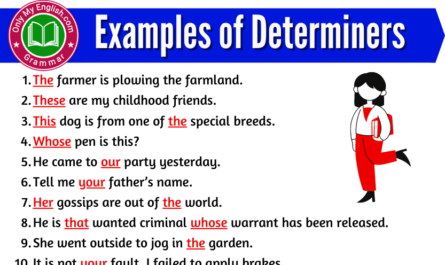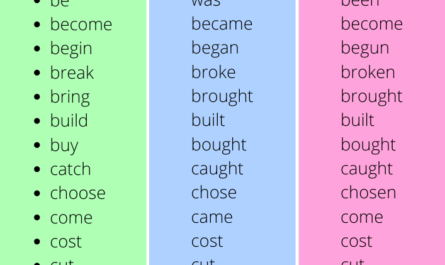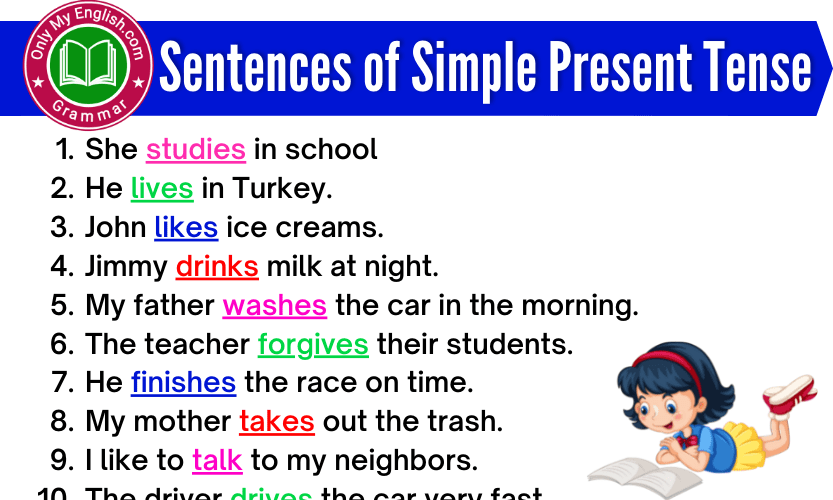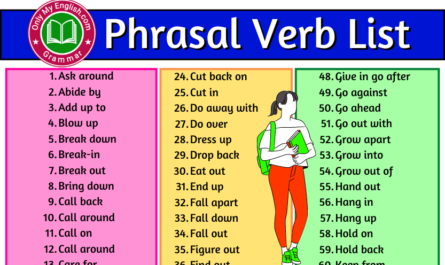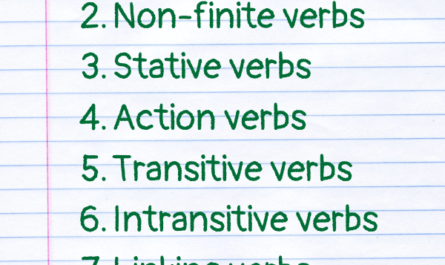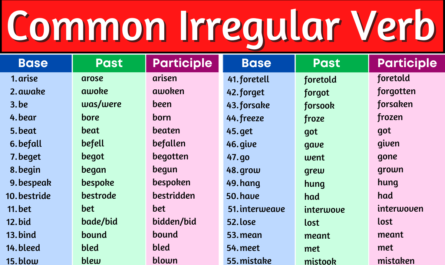An auxiliary verb helps the main verb to express tenses, moods, or voices and also adds function and grammatical meanings in a sentence. It is also called modal auxiliary verbs or helping verbs.
Some auxiliary verbs are ‘be, do, have, will, shall, would, should, can, could, may, might, must, ought,’ etc. The basic auxiliary verbs are ‘to be,’ ‘to do,’ & ‘to have,’ respectively.
- To be- am, is, are, was, were, being, been, will be
- To do- do, does, did, will do
- To have- have, has, had, having, will have
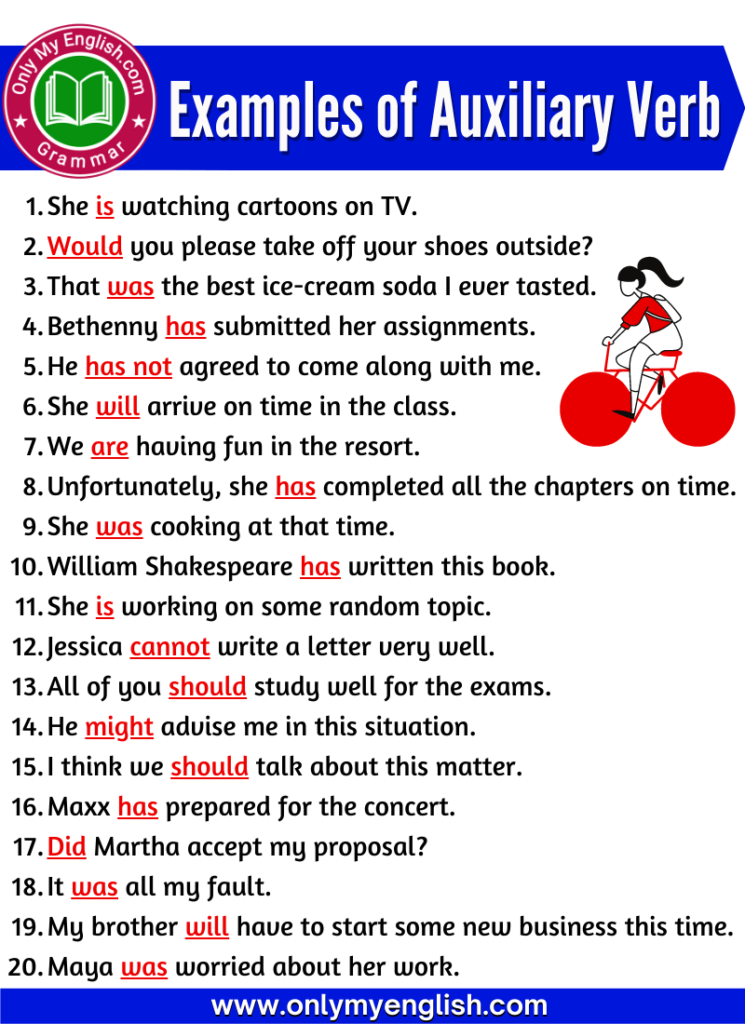
Examples of Auxiliary Verbs in Sentences
- She is watching cartoons on TV.
- Would you please take off your shoes outside?
- That was the best ice-cream soda I ever tasted.
- Bethenny has submitted her assignments.
- He has not agreed to come along with me.
- She will arrive on time in the class.
- We are having fun in the resort.
- Unfortunately, she has completed all the chapters on time.
- She was cooking at that time.
- William Shakespeare has written this book.
- She is working on some random topic.
- Jessica cannot write a letter very well.
- All of you should study well for the exams.
- He might advise me in this situation.
- I think we should talk about this matter.
- Maxx has prepared for the concert.
- Did Martha accept my proposal?
- It was all my fault.
- My brother will have to start some new business this time.
- Maya was worried about her work.
